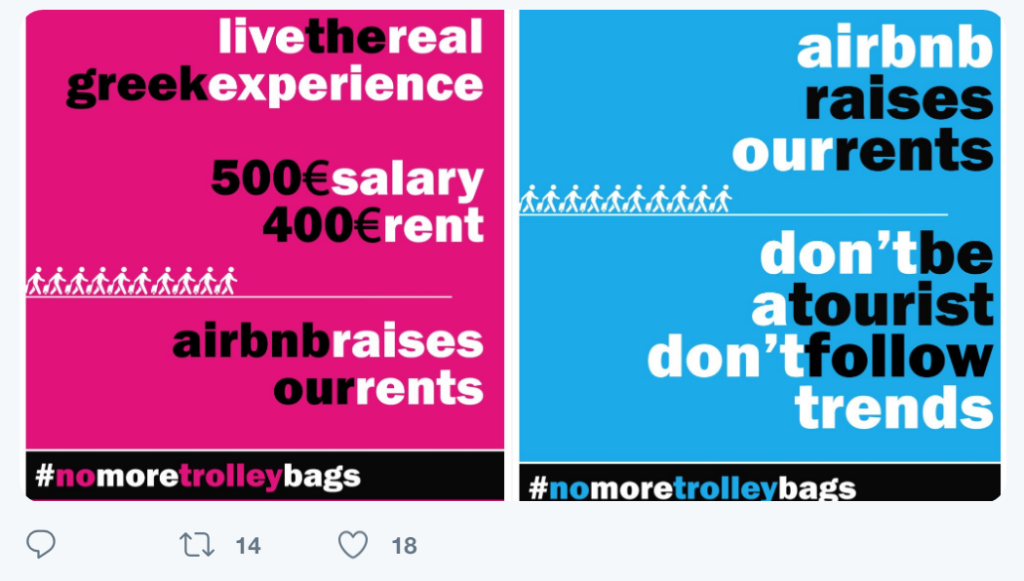The Missing Cryptoqueen is a BBC Sounds production podcast, which tells the story of OneCoin, an alleged cryptocurrency which is under investigation for fraud. One of the co-founders has already been arrested by the FBI and the founder is missing since 2017. However the company has not ceased trading and people globally continue to invest. (Bartlett, 2019)
OneCoin claims more than 3million investors worldwide, however the currency is still not tradeable. I was struck by the way members-investors have responded to the scandal and I wondered what is that “force” that makes them behave in this irrational and affective way.

Apart from the fact that the company used Multi Level Marketing and practices which resemble rituals of a cult, there was something else that made the members to develop a strong sense of denial towards the scandal.
I believe is the affective relationship that we have with money. We are emotionally connected to monetary transactions and financial status – we may feel pride and embarrassment or a sense of power and value. Trust is a foundational value in this relationship.
Blockchain technologies developed as a “decentralized peer-to-peer transaction network” with no creditors or central management and appealed to a wider audience.The radical ideas of Satoshi Nakamoto, towards non restricted participation, expanded access and a sense of community in banking, formed in a political manifesto and were a response to “political struggles” (Campbell-Verduyn, p.90).

“The emergent technology is confronting power structures in manners that have significant socioeconomic and political implications” (Campbell-Verduyn, p.90).
Cryptocurrency can be considered a “a social movement” or “the currency of the future” (Betz, 2018). The inclusivity, creates this feeling of “we”, the collective – in other words it carries an affective force of a collective experience towards a system change.
The possibilities of “banking the unbanked” create a resonance of hope in countries where the economies and currencies are devalued. Seigworth and Gregg, locate affect in those moments of resonance in “…worldings and diffusions, of feeling/ passions – often including atmospheres of sociality, crowd behaviours, contacions of feeling, matters of belonging…” (p.8 ).
On the other hand, cryptocurrency’s promises: “…no need to prove value, identity, or worth…individuals freely trade with others they cannot see and do not know” (Thomas, 2018). Thus, trust is no longer a principal in this relationship – however Betz argues, “it is not a trustless currency”. It requires trust towards the system, its algorithm and its community (Betz, 2018).
With the new contemporary banking technologies and the cryptocurrency ethos, the emotional qualities that accompanied the traditional centralised finance system, transform into a collective experience of empowerment, hope, enthusiasm and autonomy.
But perhaps the implications of those socio-technical processes may far be more complicated and intertwined in many ways. Lauren Berlant underlines the caution in regards to these “propitious moments” : “‘… shifts in affective atmosphere are not equal to changing the world’ …” (Berlant in Seigworth and Gregg, p.12-13). As somehow is manifested in the case of the OneCoin story.
References:
Seigworth, G and Gregg, M. (2010). An Inventory of Shimmers. Introduction to the Affect Theory Reader. Durham: Duke University Press.
Navaro-Yashin, Y. (2003) ‘`Life is dead here’: Sensing the political in `no man’s land’’, Anthropological Theory, 3(1), pp. 107–125.
Massumi, B (2009) ‘The future birth of the affective fact. The Political Ontology of Fear’ Chapter 2 in Gregg, M and Seigworth, G The Affect Theory Reader. Durham: Duke University Press.
Robbins, B. (2002). The Sweatship Sublime. PMLA, 117 (1), pp. 84-97.
Campbell-Verduyn, M., 2017. Bitcoin and Beyond : Cryptocurrencies, Blockchains, and Global Governance, Milton: Routledge.
Online Resources:
Jamie Bartlett, BBC (2019), The Missing Cryptoqueen [Podcast]. 17 September 2019. Available at: https://www.bbc.co.uk/sounds/brand/p07nkd84 (Accessed: 28 December 2019).
OneCoin, Available at: https://www.onecoin.eu/en/ (site not accessible on the 13/01/20).
Thomas, D.A. (2018), Money and Its Effects. American Anthropologist, 120: 7-10. doi:10.1111/aman.13024. Available at: https://anthrosource.onlinelibrary.wiley.com/doi/full/10.1111/aman.13024 (Accessed: 3 January 2020).
Betz, S. (2018) Encoding Value: What is cryptocurrency, and what does it mean for society? Available at: https://thefamiliarstrange.com/2018/10/04/what-is-cryptocurrency/ (Accessed: 4 January 2020).
Cerald, S. (2018) Can Cryptocurrency Revolutionize the Rituals of Money? Available at: https://www.sapiens.org/technology/cryptocurrency-money-ritual/ (Accessed: 5 January 2020).





